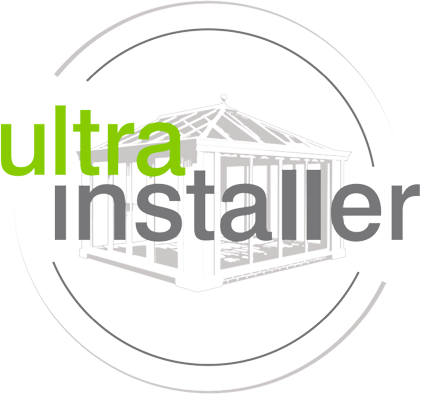Hit or Pit?. Do Windows, Doors, Conservatories Or Home Extensions Pay Off?
Advice & Guidance
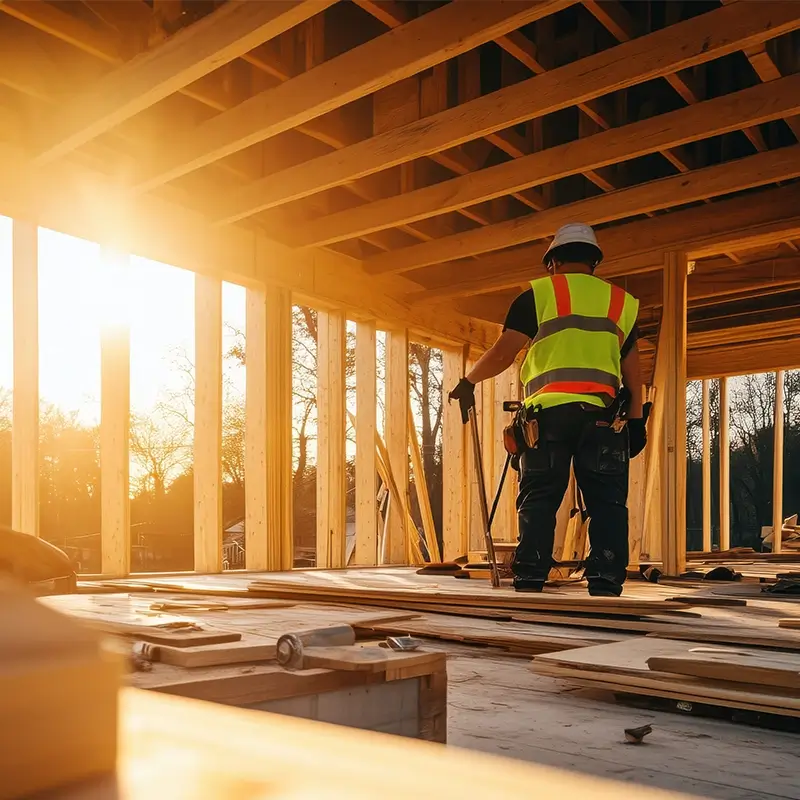
Will investments in your home add value or sink without trace?
- Improvement is always a good thing but some changes may be better than others.
- That’s the opinion of property market insiders, who agree there are gains to be had.
The effect of home improvements on property values
Any improvement ought to make your home more attractive to most buyers but the big question is which will they pay more for?
Nationwide Building Society tracks how property values change over time and publishes its findings in the Nationwide House price Index. In its most recent special report, What Adds Value to your Home? its researchers point out that while location remains the most significant influence on values, property size is next on the list. ‘Home improvements that increase floor area, such as an extension or loft conversion, remain a compelling way to add value,’ Nationwide’s chief economist was quoted as saying, adding that, since Nationwide’s last study of home improvements in 2016, the value added to homes had increased.
Nationwide tracks what people pay for homes based on mortgage approvals and correlates it against property characteristics such as type, age, floor area and locality. Its conclusion is that a 10% increase in floor space adds 5% to the value, an extra bathroom 6%, a bedroom 14%, and an extension or loft conversion as much as 25%.
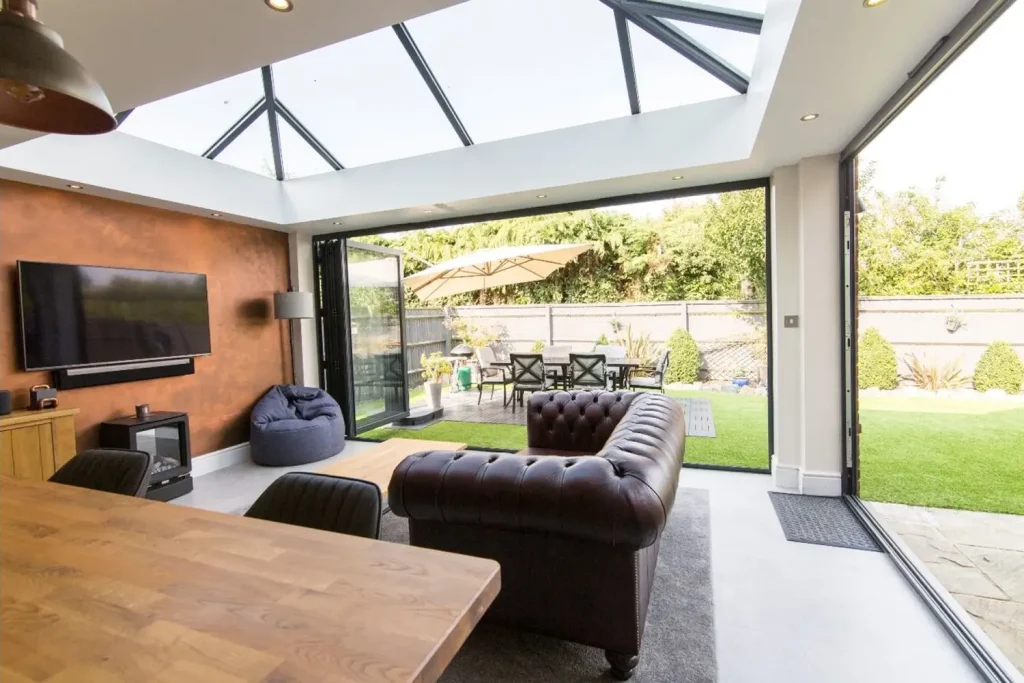
Energy costs also influence buyers
It’s perhaps no surprise to discover that usable floor space is key to values when you consider that the most cited reason for moving, according to a recent Ministry of Housing and Communities, English Housing Survey was for a larger house or flat. But it’s not all about size, improvements that increase your home’s energy efficiency are also likely to make it more attractive to buyers.
YouGov’s Ageing Better Survey reported in April 2024 that more than half of us think it more difficult to keep our homes warm than in the past. Rising energy prices seems likely to account for that change, and the most obvious way to reverse it is to improve home thermal efficiency. In fact, while the government’s target to make all homes Energy Performance Certificate (EPC) rating of ‘C’ or above by 2030, research across the market suggests that a bare majority of homes recently sold achieve that standard. That’s important when many buyers might not even consider your property if it scores lower. Six in ten (61%) prospective homebuyers said they are more likely to make an offer on a property if it has a good EPC rating (C and above), according to research from Mortgage Advice Bureau published in October last year.
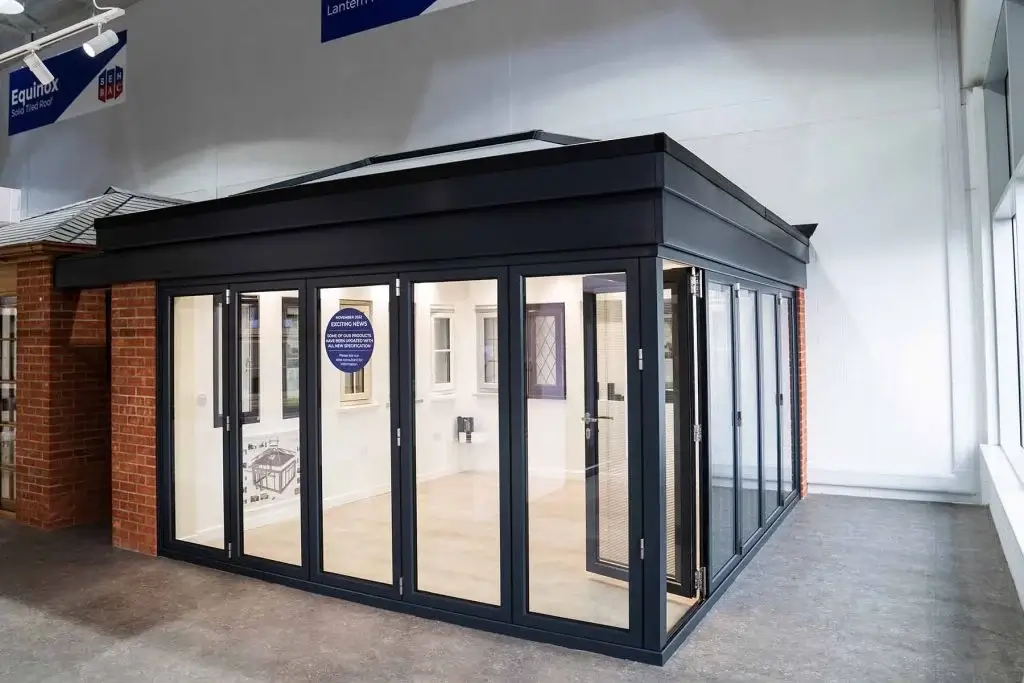
What are the options?
The question of space obviously points to additions to your home’s floor area, while energy efficiency suggests trimming its footprint. Both these things can be achieved by embarking on appropriate home improvement projects.
While Nationwide’s survey states that additional bedrooms are often key to increases in value, it is not always the case—particularly since home sizing is about fitting lifestyles not necessarily ever larger families.
Buyers are attracted to kitchen or living room extensions particularly where they accommodate a range of uses that fit into lifestyle ideas. Similarly, a garage conversion is an interesting and low cost option that can quickly recoup space that might otherwise be wasted. In either case there is nothing to prevent you from considering how you use the space including as a spare or occasional bedroom. Conservatories, too, when well planned, fitted with comfort glazing and linking the house with the garden effectively will always be popular with buyers.
Improvements to the home’s thermal performance can be made by considering better performing doors and windows. Contemporary standards of insulation are higher due to changes in the design of window and door frames as well as window glazing and door construction. It’s important to look into the detail of window and door options to see how changing your could lead to an improved EPC score as well as potentially lower fuel bills.
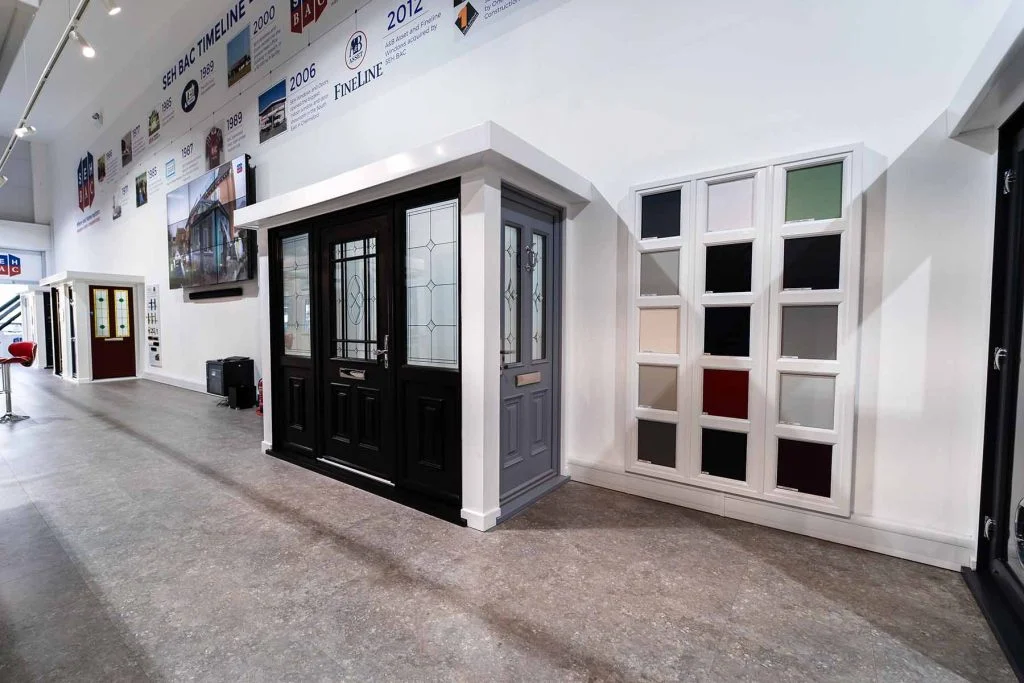
Things to keep in mind with any project
How much you spend on home improvements is a very personal choice, but doing any job well will always be better—either for your own enjoyment of the result or for its potential to add value in the eyes of potential purchasers.
While one kitchen designer’s ideas may appeal to you they might not to someone else and might even detract from the property. Its important to look carefully at the quality and finish of suppliers’ work too, ensuring that the job you pay for is reflected in the final result.


















